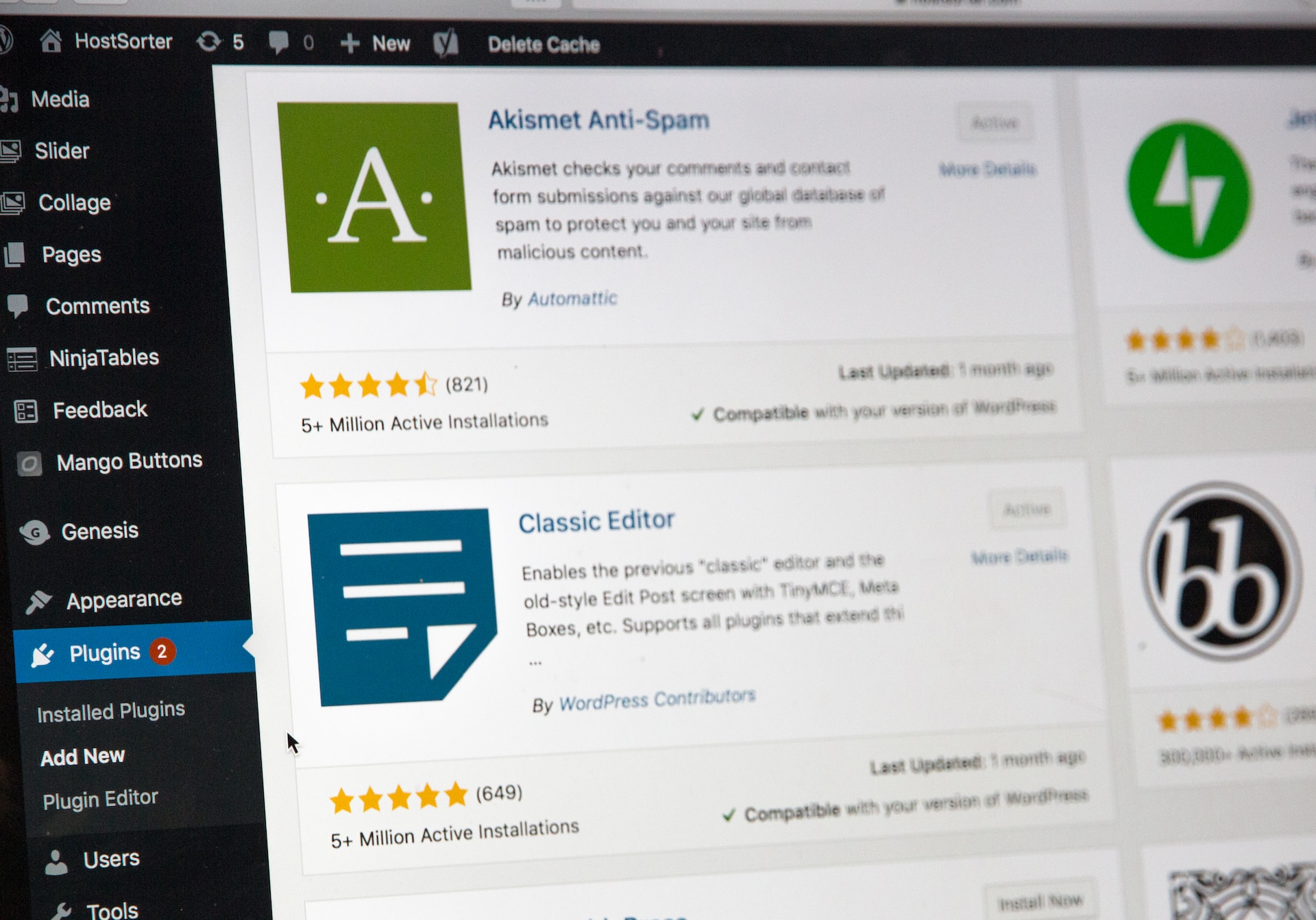The Digital Imperative: Why Building a Website is Vital for Small Businesses
In the dynamic landscape of modern business, establishing a robust online presence is no longer optional; it’s essential for survival and growth. For small businesses, in particular, having a well-designed website can make all the difference in reaching a broader audience, building credibility, and increasing revenue. In this advanced exploration, we’ll delve into the profound reasons why building a website is not just important but vital for small businesses.
The Digital Transformation of Business
Before we dive into the specific reasons why websites are crucial for small businesses, let’s acknowledge the broader context of the digital transformation that has reshaped the business landscape.
In recent years, consumers have increasingly turned to the internet for information, products, and services. Whether it’s researching a purchase, comparing prices, or seeking local businesses, the online world has become the go-to resource. This shift in consumer behavior has accelerated even further with the global COVID-19 pandemic, which forced many businesses to adapt to a digital-first model.
The Role of a Website
A website serves as the digital storefront and central hub for your small business in the online world. It’s a place where potential customers can learn about your products or services, connect with your brand, and make purchasing decisions. Here’s why a website is indispensable:
24/7 Accessibility
A website is always open for business, providing potential customers with access to information about your offerings, even outside of regular business hours. This round-the-clock accessibility can lead to increased sales and inquiries.
Credibility and Trust
A professionally designed website conveys credibility and trustworthiness. It’s a visual representation of your business’s legitimacy and commitment to providing quality products or services.
Broadened Reach
A website extends your reach far beyond your physical location. It allows you to connect with a global audience, expanding your market and customer base.
Cost-Effective Marketing
Compared to traditional marketing methods, such as print advertising or direct mail, a website offers a cost-effective way to promote your business. You can reach a larger audience with a smaller budget.
The Advanced Reasons for Building a Website
Now, let’s delve into the advanced reasons why building a website is not just important but vital for the success of small businesses:
Competitive Edge
In today’s highly competitive business landscape, having a website sets you apart from many of your competitors who may still rely solely on brick-and-mortar operations. A well-designed website demonstrates that your business is forward-thinking and adaptable to changing consumer preferences.
Data-Driven Insights
Websites provide valuable data and insights that can inform your business strategies. You can track visitor behavior, analyze traffic sources, and gain a deep understanding of your audience’s preferences. This data-driven approach allows you to make informed decisions and tailor your offerings to meet customer needs.
Online Sales and E-commerce
If your small business sells products, a website opens the door to online sales and e-commerce. You can create an online store, accept payments, and reach customers far beyond your local area. This additional revenue stream can significantly boost your bottom line.
Effective Marketing and SEO
A website serves as a central platform for all your digital marketing efforts. You can create content, run advertising campaigns, and optimize your site for search engines (SEO). A strong online presence enhances your visibility in search engine results, making it easier for potential customers to find you.

Elements of an Effective Small Business Website
To maximize the benefits of having a website, it’s essential to create an effective online presence. Here are some key elements to consider:
Mobile Responsiveness
With the increasing use of mobile devices, your website must be mobile-responsive. It should adapt seamlessly to different screen sizes and provide an optimal user experience on smartphones and tablets.
User-Friendly Navigation
A user-friendly website is easy to navigate. Ensure that visitors can find the information they need quickly and intuitively. Clear menus, logical page structures, and a search function are essential.
Engaging Content
Content is king on the web. Your website should feature high-quality, engaging content that educates, informs, and entertains your audience. Regularly update your content to keep it fresh and relevant.
Contact Information
Make it easy for visitors to get in touch with you. Include clear contact information, such as your phone number, email address, and a contact form. A physical address is also important, especially for local businesses.
Social Media Integration
Integrate your social media profiles with your website to encourage social sharing and engagement. Social media buttons and links should be readily accessible.
Building a Website: DIY or Professional Help?
When it comes to building a website for your small business, you have two primary options: DIY (Do It Yourself) or seek professional help. Here’s a brief overview of each approach:
DIY Website
Pros:
Cost-effective, especially for budget-conscious businesses.
Full control over design and content.
Numerous website builders and templates available.
Cons:
Time-consuming, especially if you’re not tech-savvy.
Limited customization options compared to professional design.
May lack advanced features and functionality.
Professional Website
Pros:
Customized design tailored to your brand and goals.
Access to advanced features and functionality.
Faster development and launch.
Cons:
Higher upfront cost.
Reliance on a web designer or developer for updates and maintenance.
Ongoing costs for hosting and maintenance.
Ultimately, the choice between DIY and professional assistance depends on your budget, technical skills, and the level of customization and functionality your business requires.
Your Digital Storefront
A website is more than just a digital storefront; it’s the cornerstone of your online presence and a vital tool for small businesses. It enhances your credibility, broadens your reach, and offers data-driven insights that can drive growth and success.
Building a website is not an option; it’s a necessity. It’s an investment in the future of your business, enabling you to thrive in a competitive marketplace and connect with customers in ways that were once unimaginable. So, if you’re a small business owner who hasn’t yet ventured into the digital realm, now is the time to make your online presence felt and reap the rewards of a well-crafted website.




